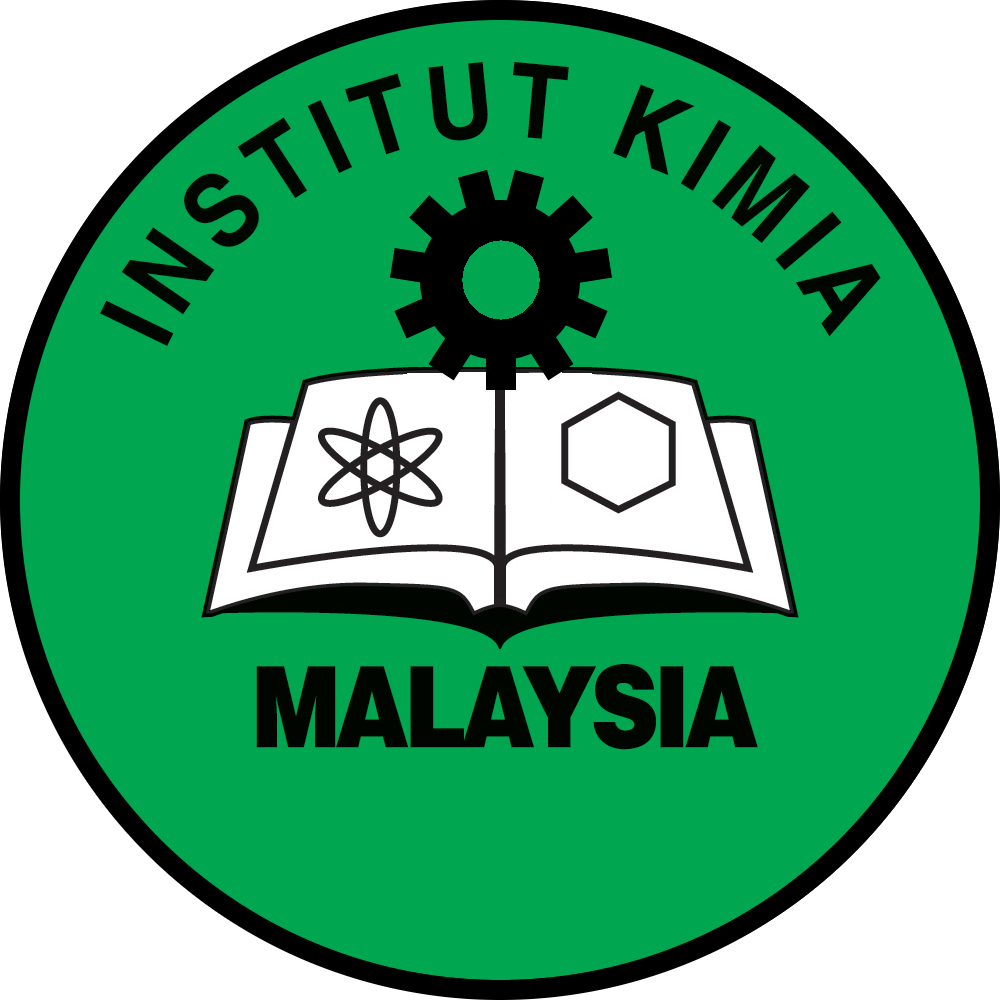Treatment of Laundry Wastewater using Papaya and Okra Seed Bio-coagulant
DOI: https://doi.org/10.55373/mjchem.v27i5.209
Keywords: Coagulant; Okra seed; papaya seed; polyaluminium chloride
Abstract
Laundry wastewater contains high levels of organic and chemical pollutants that are often discharged untreated, threatening aquatic ecosystems. It can be noted that most of the laundry wastewater is directly discharged to the monsoon drains without proper pretreatment. Thus, this scenario creates pollutant hazards to the water bodies due to the accumulation of high organic substances in the discharges. This study aimed to evaluate the effectiveness of natural coagulants, specifically papaya seed powder and a combination of papaya seed with okra seed, in treating laundry wastewater. This study also compared natural and chemical coagulants, such as polyaluminium chloride (PAC). The samples of wastewater were collected from the laundry shop in Shah Alam. A jar test experiment evaluated parameters such as pH, turbidity, Total Suspended Solids (TSS), Biochemical Oxygen Demand (BOD), Chemical Oxygen Demand (COD), nitrate-nitrogen, nitrite-nitrogen and ammonia-nitrogen. Fourier-transform infrared spectroscopy was used to signify the coagulant's chemical transformation before and after the jar test experiment. The morphology using a Scanning Electron Microscope (SEM) was also done to visualise the changes before and after the treatment. The results demonstrated that papaya seed powder achieved 93.98% reduction in COD, 84.44% decrement in BOD, and 94.54% depletion in turbidity, showing that this coagulant was the most effective treatment among other coagulants. Compared to PAC, the natural coagulants were more potent in reducing turbidity and COD, though PAC showed higher efficiency in BOD removal. FTIR analysis indicated that functional groups such as O-H and C-H were consistently present before and after treatment, suggesting the stability and effectiveness of these natural coagulants. It concludes that natural coagulants, particularly papaya seed powder, are not only effective in removing pollutants from laundry wastewater but also align with the principles of environmental stewardship. Beyond meeting water quality standards, this green technology offers a low-cost, scalable, and sustainable alternative to chemical coagulants. Its adoption can reduce ecological impacts, lower operational expenses, and accelerate the transition toward cleaner production systems. The findings call for broader implementation of such bio-based solutions in wastewater treatment policies, industry practices, and future research to drive global progress toward sustainable water management.
